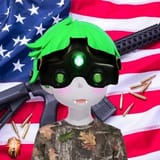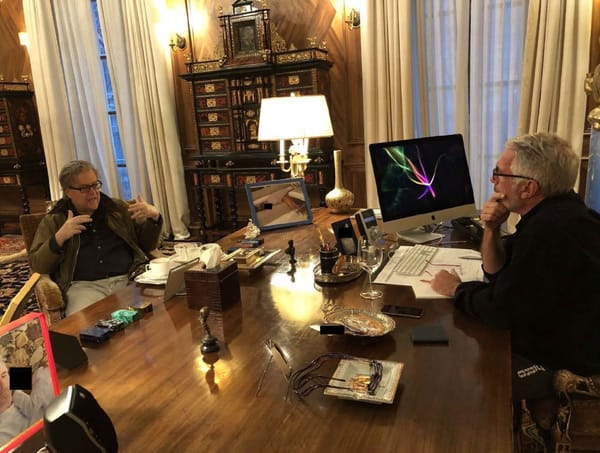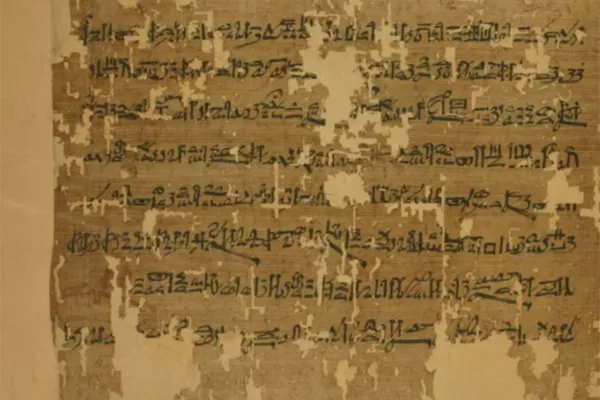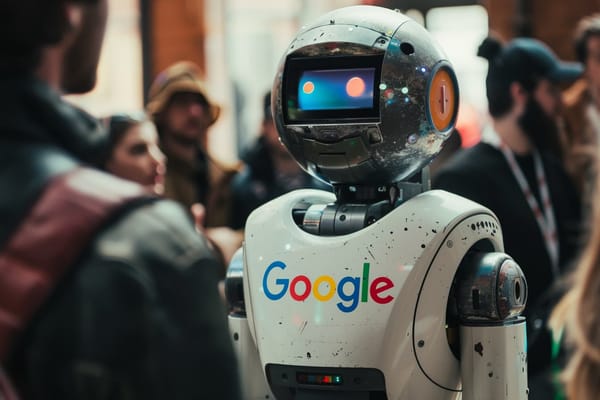Harvard's top astronomer convinced Aliens tried to contact us in 2017

In his new book, Dr. Avi Loeb argues ‘Oumuamua, which passed by Earth in 2017, wasn’t a comet but rather alien technology.
In 2017 a bizarre, blunt-shaped object came towards earth from space. It measured approximately half a mile in length and was moving at an irregular pace. The vast majority of scientists who have studied the object have said ‘Oumuamua, was a natural phenomenon, but the head of Harvard's Astronomy department just published a book in which he says he believes the giant object was alien in origin.
In his book, Extraterrestrial: The First Sign of Intelligent Life Beyond Earth, Dr. Avi Loeb lays out in 240 pages exactly why he believes the object from 2017 was an intergalactic attempt to contact Earth.
“The most exciting aspect of the possibility that 'Oumuamua is weird and unlike any asteroid or comet that we had seen before is that it might be a product of an alien technology,” Loeb told Motherboard in an email. “If so, we might not be the ‘sharpest cookie in the jar’ or ‘the smartest kid on the block.’ We should search for additional interstellar objects to find out.”
In 2019, researchers at the University of Maryland published a paper in Nature Astronomy concluding that the giant space blunt was bizarre, because of its color, the fact it didn't have comet-like propulsion, and the fact that it didn't give off gases in the way a comet would be expected to. But they also said it was unlikely to be alien in nature: "'Oumuamua's having some unusual properties is by no means sufficient evidence to conclude that it must be aliens," Matthew Knight, coauthor of that paper, told Motherboard at the time, adding "As a scientist, I'm trained to not think in absolutes, so I can't say with 100% confidence that it *wasn't* aliens." Knight hypothesized that the object was "planetesimal," meaning it could be a building block of a planet.
Loeb on the other hand said he doesn’t want to jump to conclusions and fill loopholes with assumptions. He argues in his book that this type of thinking is ignorant and we should consider all possibilities, especially because, as he says, humans aren’t the smartest ones out there.





